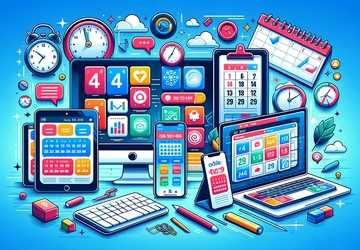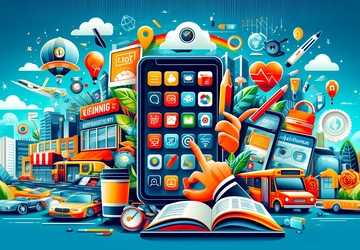
How AI is Revolutionizing Healthcare: Key Innovations You Need to Know
The concept of Artificial Intelligence (AI) is not a future idea but a practical transformative one for health care today. Beginning with fracture detection and its almost decisive revolutionizing application in the ambulance, AI is transforming healthcare into an expeditious, efficient, and accessible system. The potential of AI to solve most of the world's healthcare problems, especially in underserved places, will continue to be tremendous as time goes on. Let's look at the amazing ways AI brings to the world today's face of health care.
The concept of Artificial Intelligence (AI) is not a future idea but a practical transformative one for health care today. Beginning with fracture detection and its almost decisive revolutionizing application in the ambulance, AI is transforming healthcare into an expeditious, efficient, and accessible system. The potential of AI to solve most of the world's healthcare problems, especially in underserved places, will continue to be tremendous as time goes on. Let's look at the fantastic ways AI brings to the world today's face of health care.
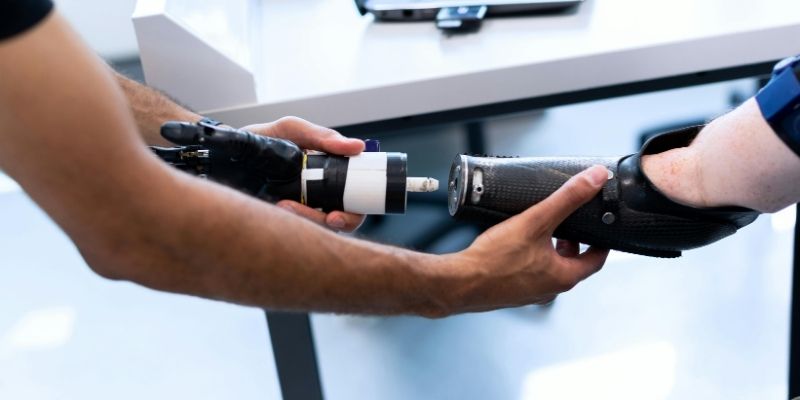
AI Spotting Bone Fractures Faster And More Accurately
Sure is. Diagnosis of fractures in urgent care is improved; physicians may not capture up to 10%. AI-powered tools introduce more enhancements toward accuracy in diagnosis using precision for X-ray analysis. They thus, most of the time, spot fractures that human eyes would miss. With the help of these million images, AI may now give one faster diagnosis and remove the need for patients to come back for further screening. This relieves the overburdened healthcare worker. Still, they point out the value of human supervision. Therefore, AI output interpretation should also be trained so physicians do not raise risks concerning false diagnoses or positive outcomes.
Enhancing Ambulance Decision-Making
Paramedics have the challenge of determining whether a patient requires immediate transfer to a hospital or not. AI helps in such situations by analyzing key health parameters like pulse, blood oxygen saturation, and chest pain to provide the proper indications towards this decision. Research conducted in the UK has shown that AI used in its predictive capacity could give an 80% accuracy level in identifying missed patients requiring hospital transfer, reducing the burden on emergency services. AI has decreased the bias-introducing factors because decisions are made based on data collected rather than subjective judgment. Exciting as it is, experts have called for additional training and testing before it can be fully rolled out into emergency medical services.
Early Disease Detection And Prevention
The early detection of diseases such as Alzheimer's, kidney disease, and COPD is being revolutionized by AI in the field of healthcare. Most diseases progress for years without symptoms, so early detection is paramount. AI uses vast amounts of medical data and predicts diseases years prior. AstraZeneca, for example, built a model to predict conditions like Alzheimer's and COPD that studied the records of more than 500,000 people. Early diagnosis leads to better treatments, lesser burdens on the healthcare system, and delays the diagnosed patient requires to start preventive care. The evolution of AI technology will improve patient outcomes for the whole world by detecting diseases early.
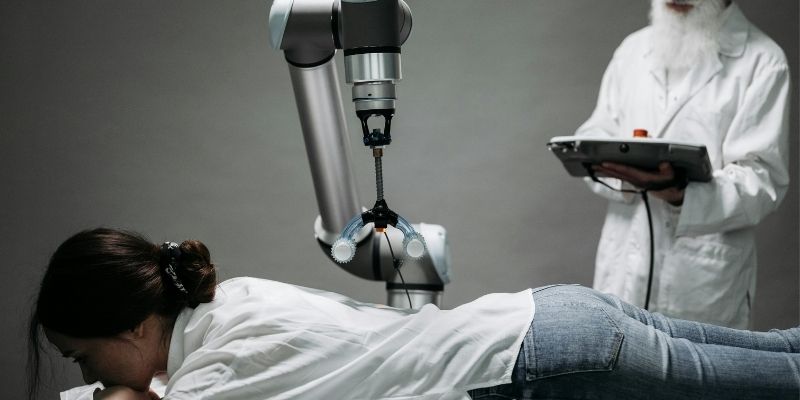
AI-powered chatbots To Assist Healthcare Decisions
AI is transforming how healthcare professionals access information and make decisions. With vast medical knowledge, it can take time for doctors to find relevant information quickly. AI-powered chatbots and digital assistants, like those using large language models (LLMs) such as ChatGPT, are helping by providing evidence-based answers in real-time. For example, a new system called ChatRWD produced functional responses to 58% of clinician queries, compared to just 2%-10% for traditional LLMs. These tools help healthcare providers make faster, more informed decisions, improving patient care. AI also alleviates pressure on healthcare workers by automating tasks like appointment scheduling and basic patient queries, allowing more focus on patient care and better overall outcomes.
Reducing Healthcare Worker Burnout
AI is doing a lot in the healthcare sector by taking away chores from healthcare professionals and reducing their burnout by making data entries, scheduling appointments, and performing diagnosis procedures with these machines. This allows them to have a longer face time with the patients and less time in administration, thus effectively lowering Stress levels. AI also speeds up hospital processes and optimizes the work processes and decisions. AI makes work smoother and less stressful for healthcare providers' well-being and patient care, mainly by enhancing efficiency and reducing delays.
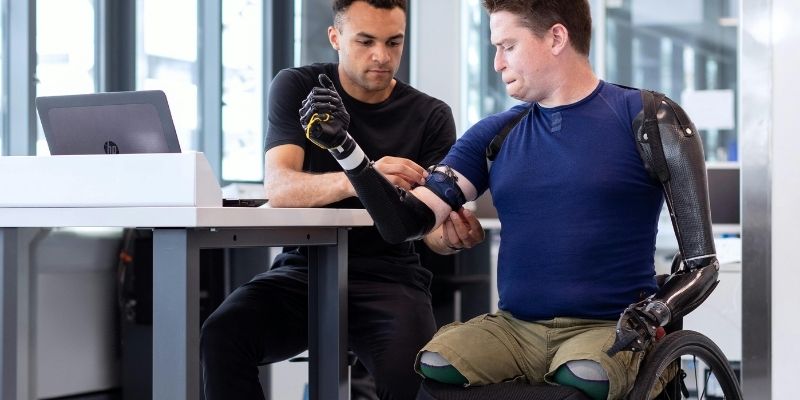
Making Healthcare More Accessible
Access to quality healthcare remains a significant challenge in many parts of the world, especially in rural or underserved areas. AI is helping to bridge this gap by making healthcare more accessible to people who would otherwise struggle to get the care they need.
Telemedicine's AI applications have revolutionized the healthcare sector. AI can conduct consultations virtually in ways that use less time and money. Fewer resources would benefit from AI diagnostic equipment for disease detection. As AI technology becomes more widespread, it has the potential to bring essential healthcare services to millions of people who otherwise may have never had access to a doctor or hospital, improving health worldwide.
The Future Of AI In Healthcare
AI's future in healthcare is inspiring, promising innovations in diagnosis, treatment, and disease management. By enhancing efficiency, reducing costs, and improving accessibility, AI is transforming healthcare delivery. Its rapid advancements shape a dynamic future, bringing transformative changes and life-changing benefits to patients worldwide with every new development.

